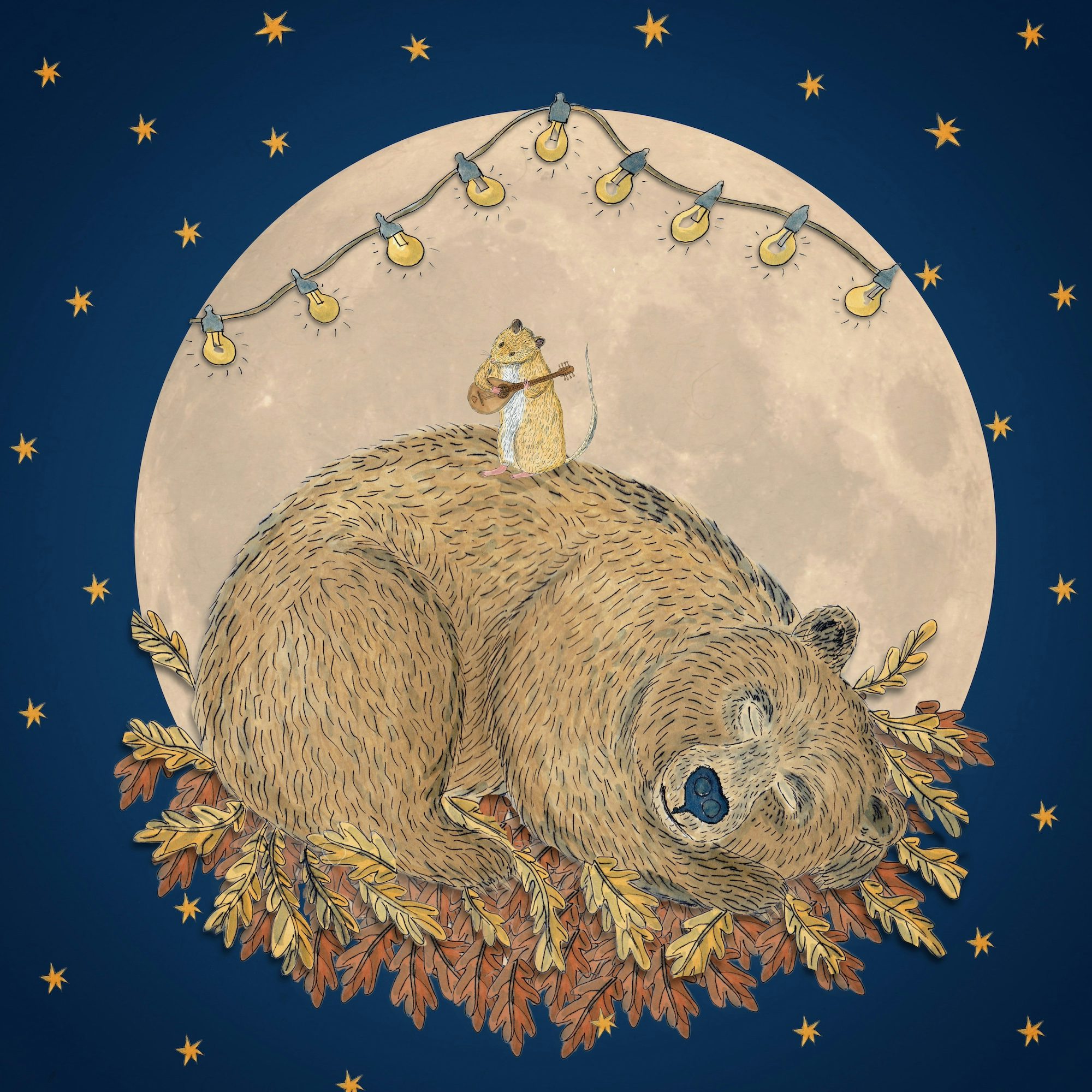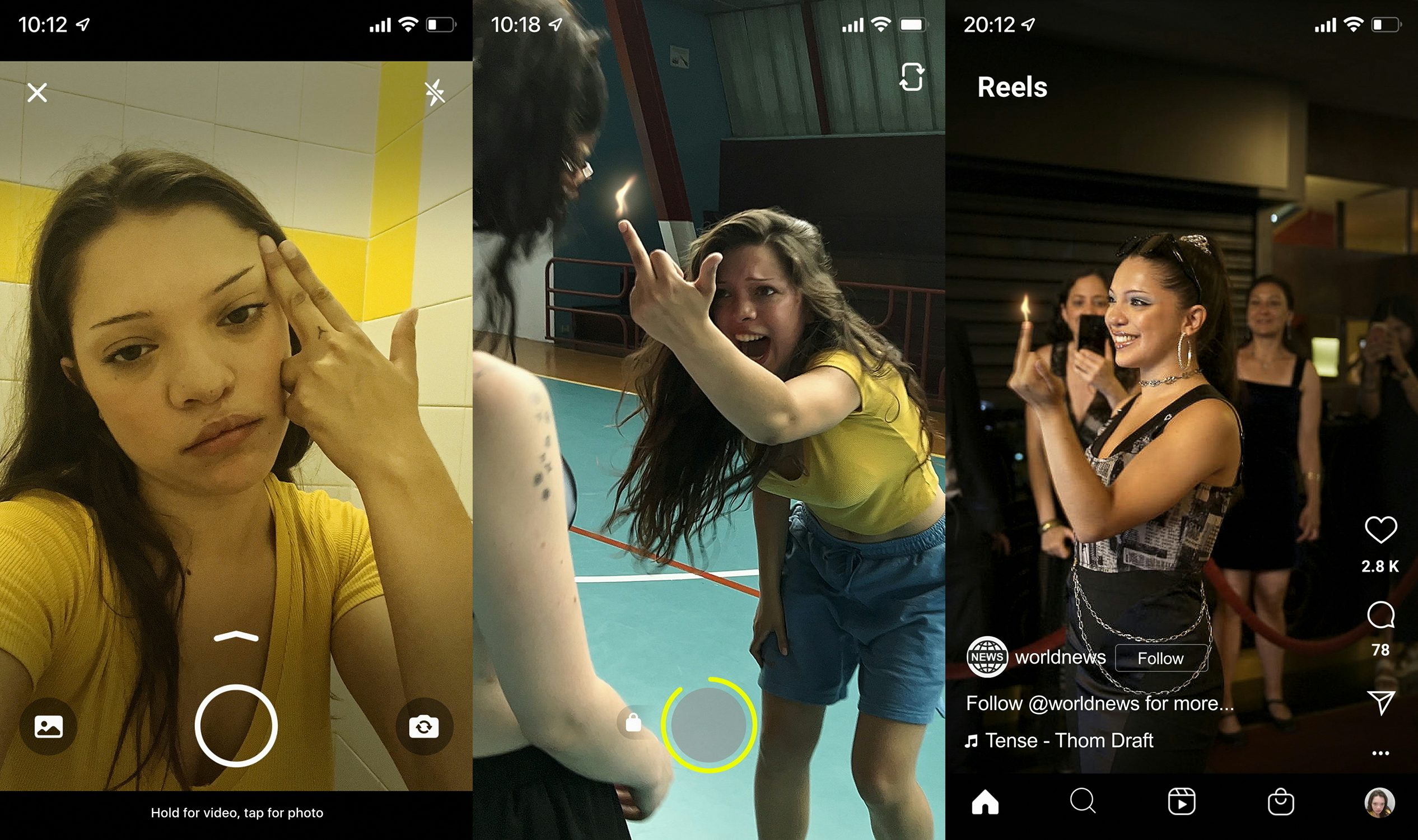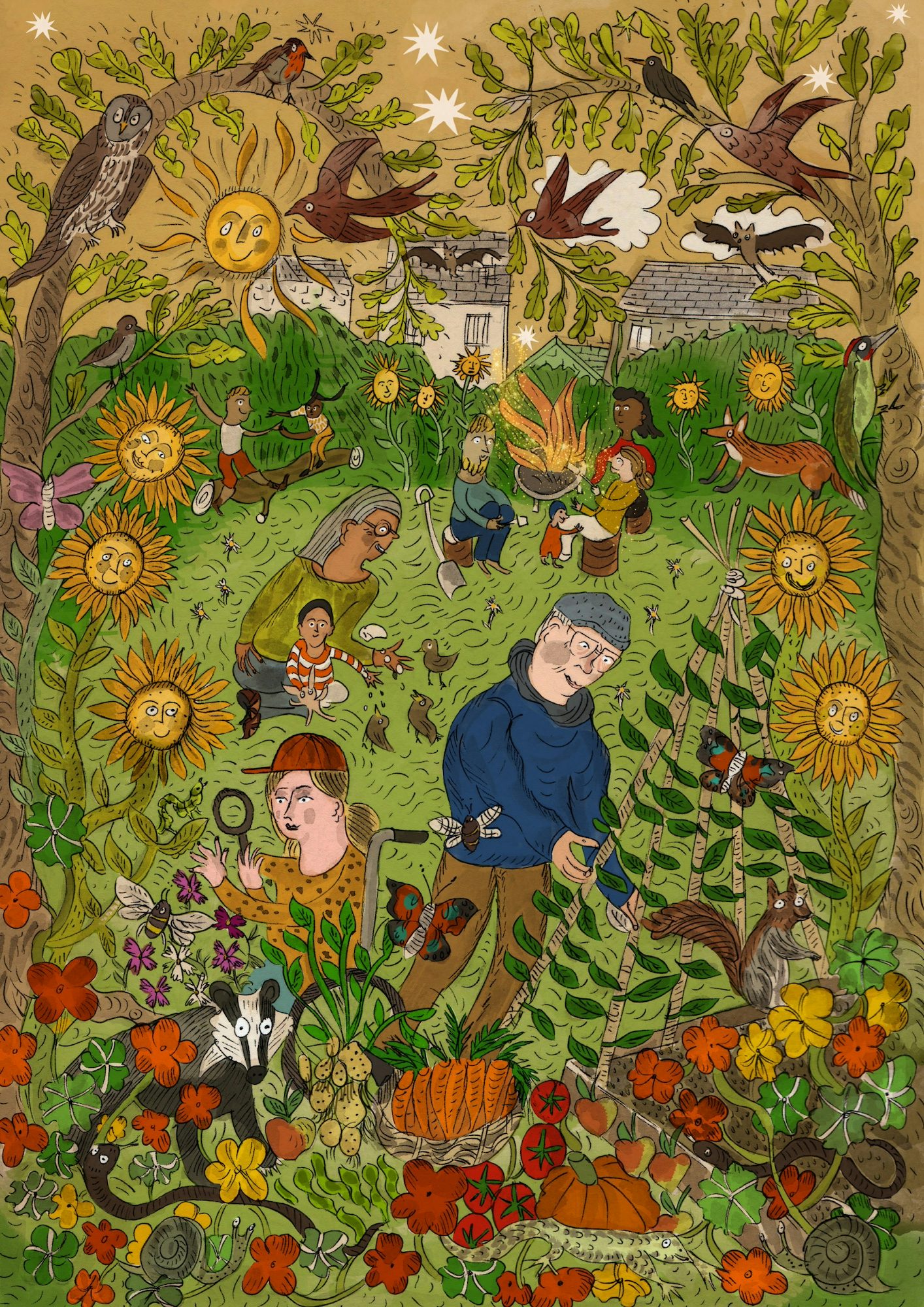Life as a creative freelancer in 2024
In a volatile market, freelancing offers both opportunities and challenges. We talk to three creatives about how they are finding it out there right now
The terms feast and famine are never far from a freelancer’s lips and never more so than in the last decade, a period rife with global uncertainty. But, nonetheless, many of us persist. Figures from the Department for Culture, Media and Sport (DCMS) suggest that in September 2022 there were 3.1m job roles in the creative and cultural industries. Of those jobs, 989,000 (32%) were self-employed – more than double the rate of self-employment in the wider UK economy (14%).
Covid-19 had a profound impact on freelancing, altering how freelancers work and engage with clients. Jon Enoch is a London-based freelance photographer, who shoots lifestyle and portraiture for a range of clients including in the sports and drinks sectors. He was the overall winner of the Pink Lady Food Photographer of the Year 2023. However, it hasn’t all been plain sailing.
“The pandemic shut down the photography industry practically overnight in March 2020,” Enoch recalls. His work, which often involves capturing social gatherings and people, was particularly hard hit by lockdowns and social distancing measures. During this time, Enoch turned to directing self-funded film shorts and focused on marketing his work to stay relevant.

By contrast, illustrator Louise Boulter saw a surge in portraiture commissions during the pandemic, compensating for the drop in commercial work. “This influx of commissions fortunately filled some of the gaps in the commercial work I wasn’t getting at this time,” she says.
Boulter’s commercial work included projects for Sarah Millican’s podcast magazine Standard Issue and she has also worked for the Royal Opera House and Penguin. The pandemic also allowed Boulter to deepen her engagement with her local community, diversifying her creative output and finding new avenues for her talent.
And, for many, the pandemic normalised remote work. “Covid made remote work possible which is awesome,” says Amsterdam-based creative director Thierry Albert. The shift has enabled Albert to collaborate with clients worldwide without the need for constant travel, aligning well with his preference for fast-paced, efficient project execution.
“Now, we can work with the UK, France, the US or anywhere in the world from our office in Amsterdam. No more travelling business class all around the world at a huge CO2 cost for a two-hour meeting like we used to. That was insane.”

CREATIVE CASH CRUNCHES
Economic pressures have certainly made brands more cautious with their budgets. “The economy and cost of living issues have affected all businesses, so brands are certainly watching their budgets,” says Enoch, who’s been freelancing since 2007. Despite these constraints, Enoch has continued to secure high-profile clients such as Tag Heuer and Qatar Airways, suggesting that demand for quality creative work persists even in tighter economic climates.
Boulter has also noticed the financial challenges within her field. Budgets for illustration have remained stagnant, making it difficult for freelancers to rely solely on their primary craft: “I do feel it is becoming harder for illustrators to earn a wage from just their illustration work,” she says. To cope, Boulter has diversified her income by engaging in portraiture, conducting workshops, and selling prints.
Albert has now been freelance for two years. He was ECD at a big network agency in Amsterdam when he found one of his music promo videos went viral, then won a number of awards, including three D&AD Pencils. He jumped ship and launched his own agency, Albert Albert. Since then, he’s written and directed a campaign for the Paris 2024 Olympics; launched La Vie plant-based ham in the UK with an activation on black cabs; helped two independent agencies win pitches; and is currently working on three new music promos with Iconoclast France.
The economy and cost of living issues have affected all businesses, so brands are certainly watching their budgets
“I wanted to be back to making better work, faster, with less corporate BS and with a team of highly skilled professionals,” he says. For him, the decision to go freelance was easy: “I’ve been around for quite some time, I know the best freelance strategists, the best creatives, the best designers and the best editors, producers. There is a huge pool of awesome talents to tap into out there. We come in, we work on the project and we fuck off. Easy.”
Albert says he sees the tighter budgets in advertising as an opportunity rather than a limitation. “It’s definitely leaner and more money-conscious,” he says, but “you can also be way more experimental and try new things when it costs less to make. Plus, what huge network agencies consider little money, a more agile creative set up like ours can have a lot of fun with and make good money off it.”

DIGITAL DISRUPTION
The rise of artificial intelligence is something of a double-edged sword for many freelancers. Research suggests that 74.3% of creatives believe that AI is going to impact their job roles in some way in the next decade.
Enoch and Boulter are both cautious about AI’s potential to disrupt their fields. Enoch is hopeful and believes that the demand for genuine, authentic imagery will continue to outweigh the appeal of AI-generated content. “Brands and businesses want to align themselves with being genuine and authentic, which is the exact opposite of an AI image,” he says.
AI, especially Midjourney, is awesome to help visualise ideas, but AI can’t really come up with quirky, unexpected ideas as well as we can
Boulter shares a similar concern, fearing that AI has and could take over smaller commissions that typically support freelancers. “I feel quite worried that it will be used for smaller commissions that would normally go to jobbing illustrators like myself,” she admits. However, she remains hopeful that her unique artistic style will help her stand out in a landscape increasingly dominated by automated processes: “I like to think that I am commissioned for the idiosyncratic approach I take,” Boulter adds.
Conversely, Albert views AI as a beneficial tool that enhances the creative process. He says: “AI, especially Midjourney, is awesome to help visualise ideas; it’s so fast.” However, while he believes that AI can accelerate certain aspects of production, it cannot replicate human creativity: “AI can’t really come up with quirky, unexpected ideas as well as we can,” he says.

FREELANCING IN THE FUTURE
Is it possible to make a successful career as a freelancer in 2024? This writer definitely hopes so. And many appear to be making it work. “The spiralling costs of living have made it much tougher for younger people to take the risk in starting out as a freelancer,” says Enoch, but technology and social media have definitely opened new pathways for creative professionals, democratising access to opportunities that were once difficult to come by.
“When I started out – not all that long ago – it was incredibly rare to see any sort of job advertised in the photography industry. These days it’s very common,” he says. “With lots of companies running photography departments or a social media department there are opportunities out there now that never used to exist.
“I see it all the time with junior assistants entering the industry, say post university. You can on the one hand move to London, pay £1k a month to live in a house with six random strangers and chance your arm at making it work … or you can take a job at an in-house studio for a fashion brand or large retailer and live in say Manchester on a salary and have stability. What are you going to do?”
There are so many more creative opportunities out there, either directly for a client, or a production company, or an agency pitching big business
For Albert, the future is bright, even for freelancers: “If, back in the day, the best talents were in agencies, it’s not necessary true anymore,” he says. “There are so many more creative opportunities out there, either directly for a client, or a production company, or an agency pitching big business.
“I’d rather be a commando of super-skilled talent who comes in and goes once the work is done. The work is also much more hybrid, and diverse. In the past, you would be working on an advertising campaign, not flexing your creative muscle on music promos, short films, awesome DOHH with the best motion designer around, or even a TV show, like we do at the moment.”





